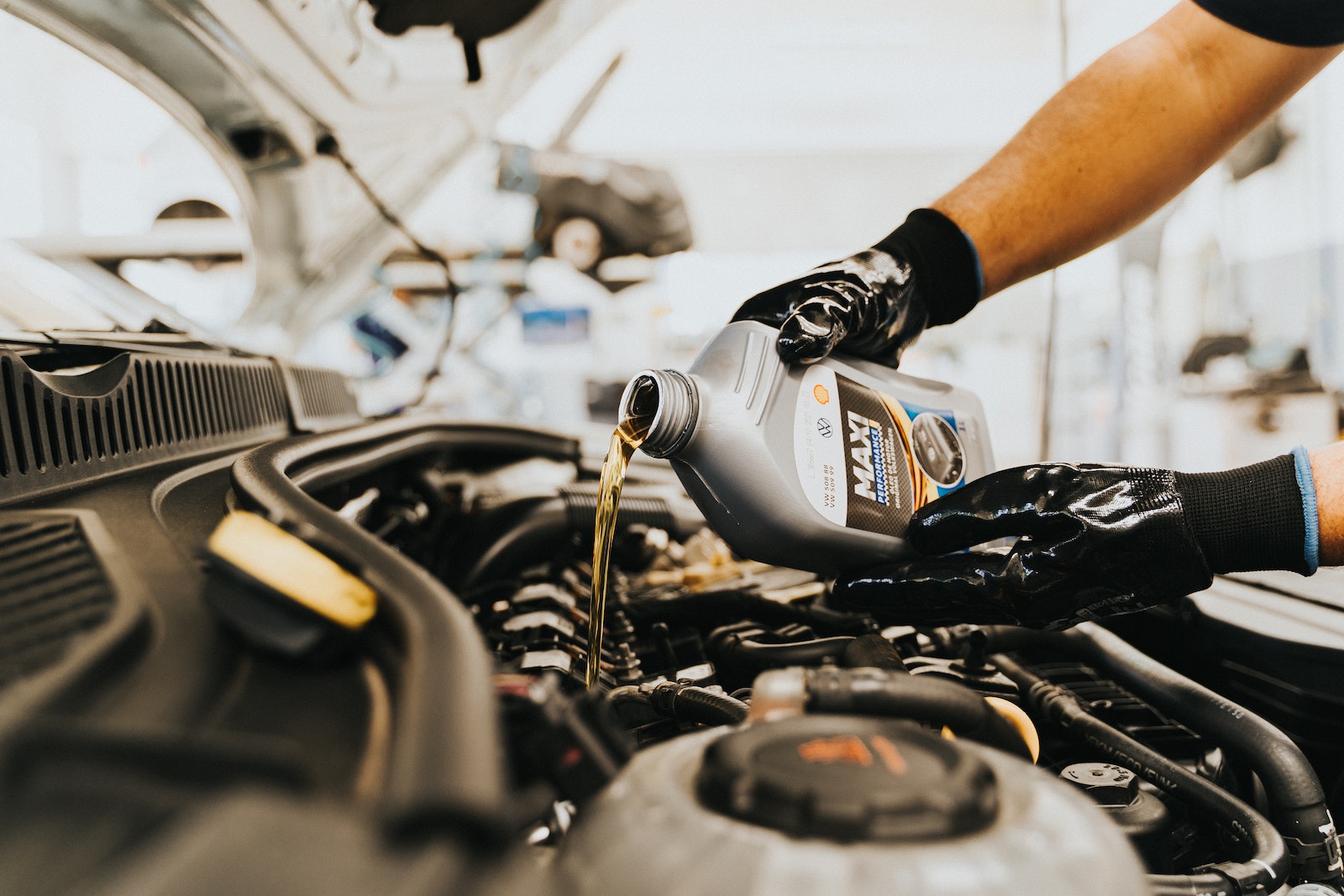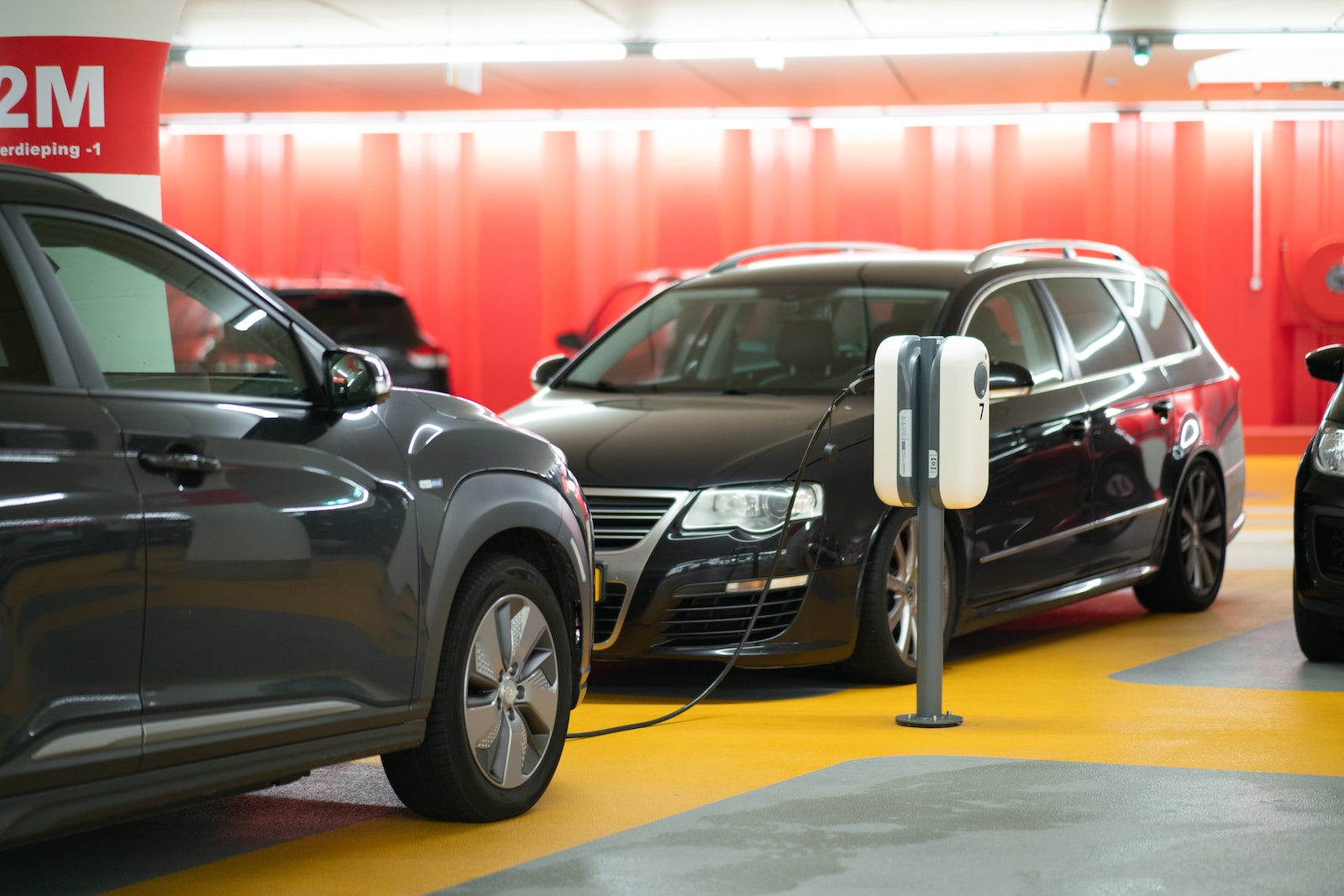Fuel Efficiency Hacks for Your Car
Boost the range of your driving by implementing these fuel efficiency hacks for your car and save money with these practical and easy-to-implement tips. Discover the secrets to maximizing your mileage and reducing your carbon footprint. Welcome to the world of fuel efficiency! If you’re looking to make your car go that extra mile and save some money at the pump, you’ve come to the right place.
In this article, we will explore a variety of hacks and tips that will help you optimize your car’s fuel efficiency, allowing you to get the most out of every drop of fuel. From simple adjustments to smart driving techniques, we’ve got you covered. So fasten your seatbelt and get ready to embark on a fuel-saving journey!
Contents
- 1 Understanding Fuel Efficiency
- 2 Maintaining Your Vehicle
- 3 Driving Habits and Techniques
- 4 Optimize Driving Modes
- 5 What Are The Fuel Efficiency Benefits Of Using Synthetic Oil?
- 6 Are There Any Fuel Efficiency Hacks For Long Road Trips?
- 7 Are There Any Fuel-Saving Hacks For Hybrid Cars?
- 8 Frequently Asked Questions (FAQs)
- 9 Conclusion
Understanding Fuel Efficiency
Fuel efficiency plays a crucial role in today’s world. Not only does it help you save money, but it also reduces your carbon footprint and contributes to a greener environment. To grasp the concept fully, let’s delve into the key aspects of fuel efficiency.
The importance of fuel efficiency
Fuel efficiency refers to how efficiently your vehicle converts fuel into energy to propel itself forward. A fuel-efficient car can travel more miles per gallon (MPG), ensuring you get the most out of every fuel purchase. By improving your car’s fuel efficiency, you can save money and reduce your environmental impact.
How fuel consumption is measured
Fuel consumption is typically measured in miles per gallon (MPG) in the United States or liters per 100 kilometers (L/100 km) in other countries. MPG indicates how far your car can travel on one gallon of fuel, while L/100 km shows the number of liters required to travel 100 kilometers.
Factors that affect fuel efficiency
Several factors influence fuel efficiency, and understanding them can help you optimize your car’s performance. These include:
- Vehicle maintenance: Regular maintenance checks, such as oil changes and air filter replacements, ensure that your engine operates at its best, leading to improved fuel efficiency.
- Tire inflation: Properly inflated tires reduce rolling resistance, enabling your car to move more efficiently and consume less fuel.
- Aerodynamic improvements: By minimizing wind resistance through aerodynamic enhancements like installing a roof spoiler or using streamlined mirror covers, you can improve your car’s fuel efficiency.
Maintaining Your Vehicle

Proper vehicle maintenance is essential for achieving optimal fuel efficiency. Neglecting maintenance can lead to decreased performance and higher fuel consumption. Follow these maintenance tips to keep your car running smoothly and efficiently.
Regular maintenance checks
Regular maintenance checks are crucial to ensure that your vehicle is in top shape. Be sure to:
- Check and change your engine oil according to the manufacturer’s recommendations.
- Replace air filters regularly to maintain proper airflow and combustion efficiency.
- Inspect and replace spark plugs as needed for optimal engine performance.
Proper tire inflation
Underinflated tires can increase fuel consumption due to higher rolling resistance. On the other hand, overinflated tires can reduce traction and compromise safety. To maintain fuel efficiency, check your tire pressure regularly and inflate them to the recommended levels.
Engine oil and air filter maintenance
Clean engine oil and air filters play a significant role in fuel efficiency. Dirty oil can increase friction, while clogged air filters restrict airflow to the engine. Regularly changing the engine oil and replacing air filters will ensure your car operates at its best.
Aerodynamic improvements
Improving your car’s aerodynamics can reduce drag and boost fuel efficiency. Consider the following tips:
- Install a roof spoiler or rear wing to minimize turbulence and improve airflow.
- Use streamlined mirror covers to reduce wind resistance.
- Keep your car clean and waxed to reduce surface friction.
By implementing these maintenance practices, you can ensure your vehicle operates efficiently, leading to improved fuel economy and savings at the pump.
Driving Habits and Techniques
While maintaining your vehicle is important, your driving habits also play a significant role in fuel efficiency. By adopting smart driving techniques, you can maximize your car’s fuel economy. Let’s explore some tips and tricks:
Smooth Acceleration and Deceleration
- Gradual acceleration: Avoid rapid acceleration as it consumes more fuel. Instead, accelerate smoothly and steadily to reach your desired speed.
- Anticipate traffic: Pay attention to the road ahead and anticipate stops or slowdowns. This will allow you to decelerate gradually instead of abruptly braking, saving fuel in the process.
Optimal Speed and RPM
- Maintain a steady speed: Driving at a consistent speed on highways or open roads helps improve fuel efficiency. Use cruise control when possible to maintain a constant speed.
- Stay within recommended RPM range: Each vehicle has an optimal RPM range for fuel efficiency. Shift gears accordingly to keep the engine within this range.
Reducing Drag and Resistance
- Close windows at high speeds: Open windows create drag, increasing air resistance and reducing fuel efficiency. At higher speeds, use the air conditioning instead.
- Remove excess weight: Extra weight in your vehicle can decrease fuel economy. Remove unnecessary items from your trunk and avoid carrying excess cargo.
Smart Route Planning
- Choose efficient routes: Plan your trips to avoid heavy traffic, construction zones, or routes with frequent stops and starts. A smooth-flowing route allows for more consistent speeds and better fuel efficiency.
- Combine errands: When running errands, try to consolidate multiple stops into a single trip. This minimizes unnecessary mileage and optimizes fuel usage.
Optimize Driving Modes

Most hybrid cars come with different driving modes, such as eco mode or EV (electric vehicle) mode. These modes adjust the car’s performance to prioritize fuel efficiency. When driving in urban areas with low speeds and stop-and-go traffic, selecting eco mode or EV mode can help optimize the use of electric power, resulting in reduced fuel consumption.
Maintain Optimal Tire Pressure
Proper tire pressure is crucial for fuel efficiency, regardless of the type of car you drive. Regularly check your hybrid car’s tire pressure and ensure they are inflated to the recommended levels. Underinflated tires increase rolling resistance, making the engine work harder and consuming more fuel. Keeping the tires properly inflated will help maximize fuel economy.
Minimize Air Conditioning Use
While it’s tempting to blast the air conditioning on hot days, it can have a negative impact on fuel efficiency, especially in hybrid cars. Air conditioning puts an additional load on the engine, requiring more power and fuel to operate. Whenever possible, opt for natural ventilation or use the air conditioning sparingly to conserve fuel.
Plan Efficient Routes
Just like with any other vehicle, planning efficient routes can make a difference in fuel consumption for hybrid cars. Consider using navigation systems or smartphone apps that provide real-time traffic updates and suggest the most fuel-efficient routes. Avoiding heavy traffic and opting for smoother and less congested roads can help optimize fuel efficiency.
What Are The Fuel Efficiency Benefits Of Using Synthetic Oil?
Using synthetic oil in your car can have several benefits when it comes to fuel efficiency. Here’s a closer look at how synthetic oil can help improve your car’s fuel efficiency:
Reduced Friction and Improved Lubrication
Synthetic oil is specifically designed to provide better lubrication and reduce friction compared to conventional oils. This reduced friction means that your engine doesn’t have to work as hard to operate, resulting in improved fuel efficiency. The smooth and consistent flow of synthetic oil helps reduce energy loss and allows your engine to run more efficiently.
Lower Viscosity and Better Cold Start Performance
One of the key advantages of synthetic oil is its lower viscosity, especially in colder temperatures. It flows more easily through the engine, reducing the time it takes for the oil to reach critical engine components during startup. This means less strain on the engine and improved fuel efficiency, especially during those cold winter months.
Enhanced Thermal Stability
Synthetic oil is known for its superior thermal stability compared to conventional oils. It can withstand higher temperatures without breaking down or becoming too thin. This stability helps prevent oil oxidation and sludge buildup, ensuring that your engine operates at optimal levels. By maintaining a clean and efficient engine, synthetic oil can contribute to better fuel efficiency.
Are There Any Fuel Efficiency Hacks For Long Road Trips?
When embarking on a long road trip, maximizing fuel efficiency becomes even more important. Here are some fuel efficiency hacks to help you save fuel during those extended drives:
Plan Your Route
Take some time to plan your route and consider factors such as traffic congestion and road conditions. Choosing a route with fewer stops and smoother traffic flow can help you maintain a consistent speed and avoid excessive braking and accelerating, which can lead to fuel wastage.
Pack Light
Excess weight can negatively impact your vehicle’s fuel efficiency. Before hitting the road, remove any unnecessary items from your car and pack only the essentials. The lighter your vehicle, the less fuel it will consume during the journey.
Maintain Proper Tire Pressure
Underinflated tires can increase rolling resistance and decrease fuel efficiency. Regularly check your tire pressure and ensure that they are inflated to the manufacturer’s recommended levels. Properly inflated tires can help your vehicle roll more smoothly and reduce fuel consumption.
Use Cruise Control
Engaging cruise control can help you maintain a consistent speed, which can contribute to fuel efficiency, especially on long stretches of highway driving. By avoiding unnecessary fluctuations in speed, cruise control can help optimize your vehicle’s fuel consumption.
Avoid Excessive Idling
When making pit stops or taking breaks, try to avoid excessive idling. Idling for long periods consumes fuel without providing any mileage. If you anticipate stopping for more than a minute or two, it’s best to turn off your engine and conserve fuel.
By implementing these fuel efficiency hacks during your long road trips, you can make the most out of every drop of fuel and save money in the process.
Are There Any Fuel-Saving Hacks For Hybrid Cars?
Hybrid cars are known for their fuel efficiency, but there are still ways to optimize their performance and further increase their fuel-saving capabilities. Here are some fuel-saving hacks specifically tailored for hybrid cars:
Utilize Regenerative Braking
Take full advantage of regenerative braking, which is a feature unique to hybrid vehicles. Regenerative braking harnesses the energy generated when you apply the brakes and converts it into electricity to recharge the hybrid battery. By utilizing regenerative braking effectively, you can maximize energy recapture and reduce reliance on the traditional braking system, thereby increasing fuel efficiency.
Frequently Asked Questions (FAQs)
A: Premium fuel is designed for high-performance vehicles and may not necessarily improve fuel efficiency. Stick to the fuel type recommended by your vehicle’s manufacturer.
Q: Do fuel additives really work in improving fuel efficiency?
A: While some fuel additives claim to improve fuel efficiency, their effectiveness varies. It’s best to consult your vehicle’s manufacturer or trusted professionals before using any additives.
Q: Can modifications such as aftermarket air filters or exhaust systems increase fuel efficiency?
A: While these modifications may offer slight performance improvements, their impact on fuel efficiency is often minimal. Consult experts or perform thorough research before making modifications.
Conclusion
Fuel efficiency is a goal that benefits both your wallet and the environment. By implementing the fuel efficiency hacks and tips discussed in this article, you can make a significant impact on your car’s performance and save on fuel costs. Remember to maintain your vehicle regularly, adopt smart driving techniques, and make informed choices to optimize fuel efficiency. Happy and efficient driving!






